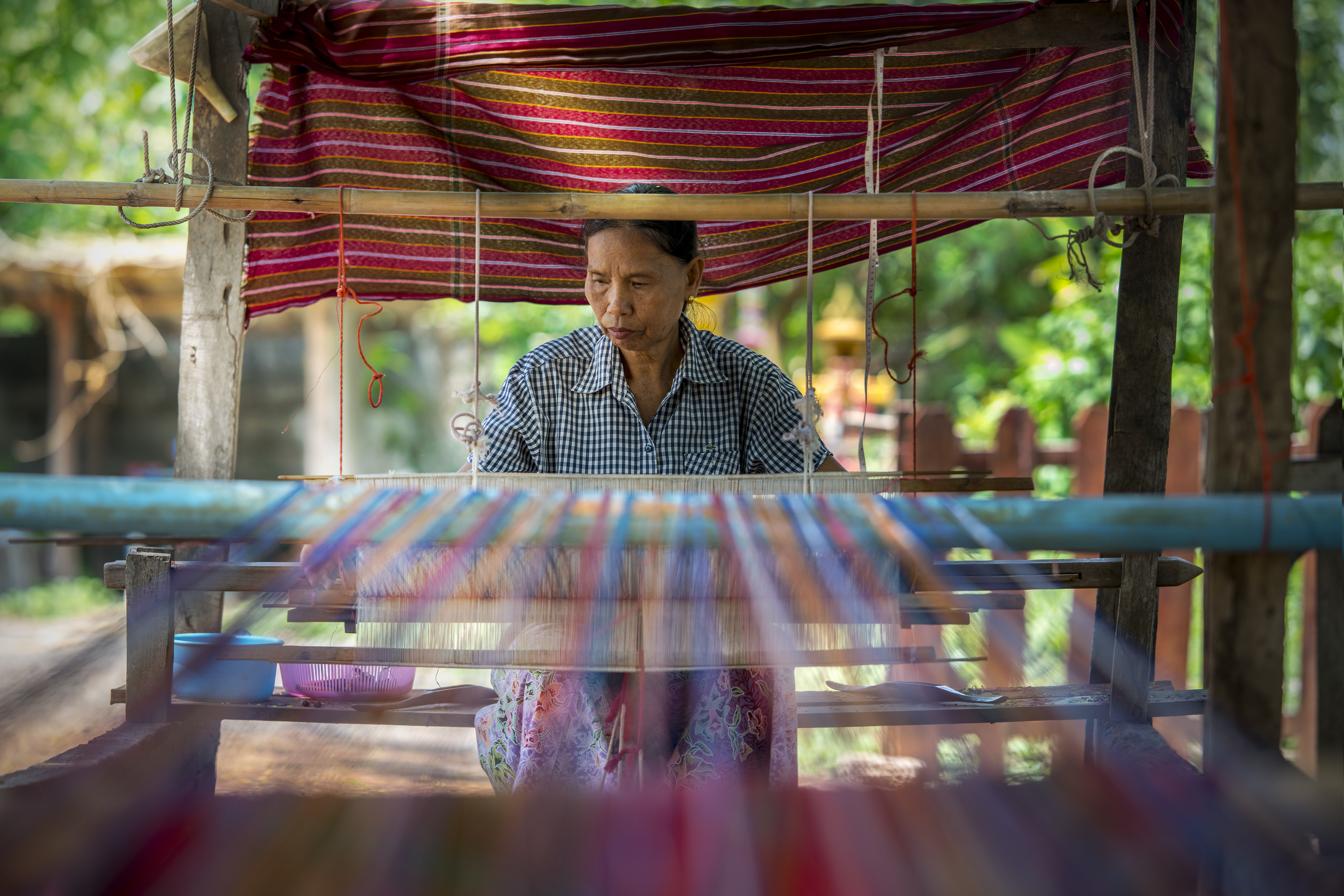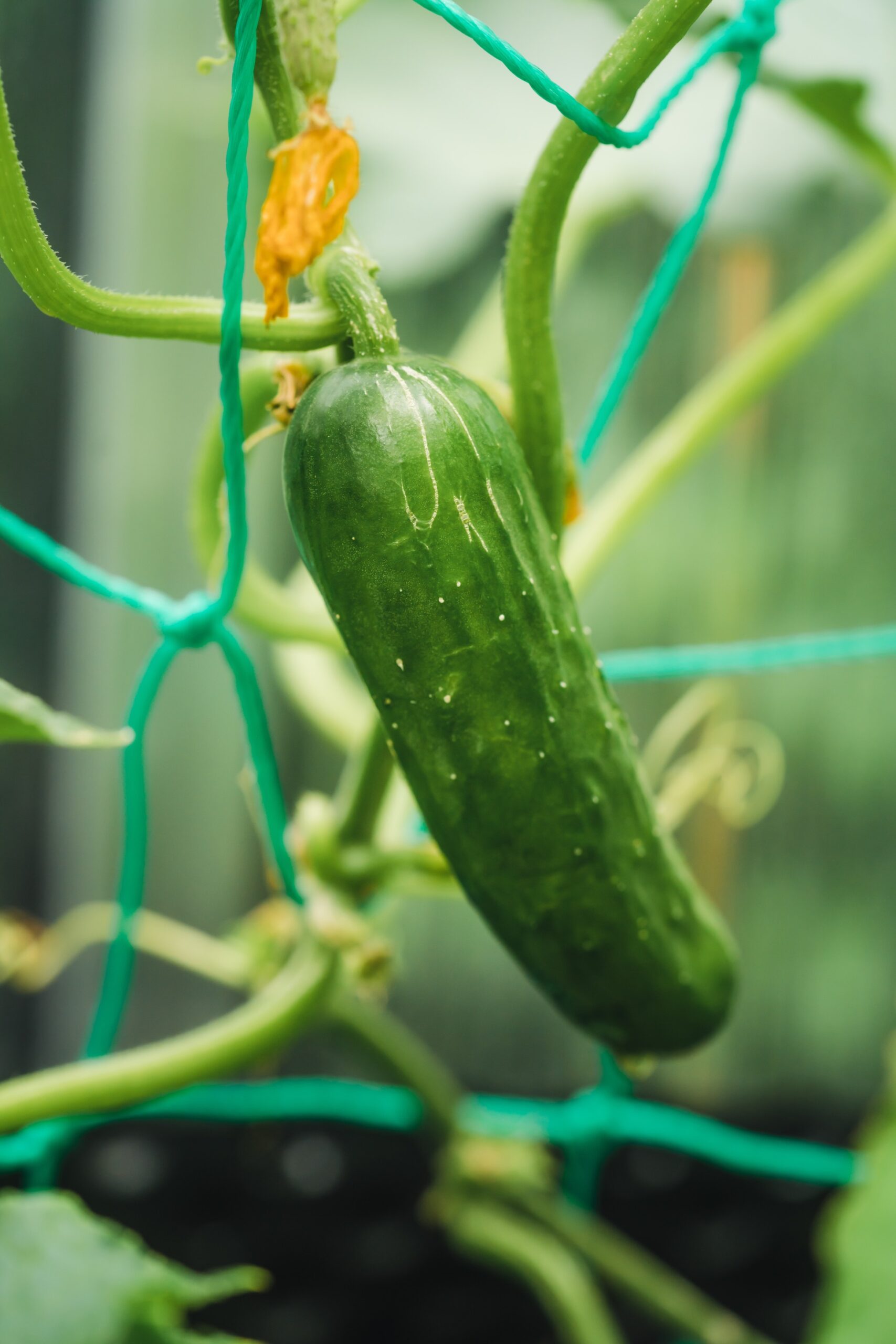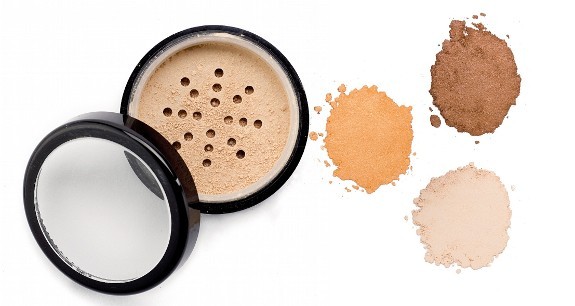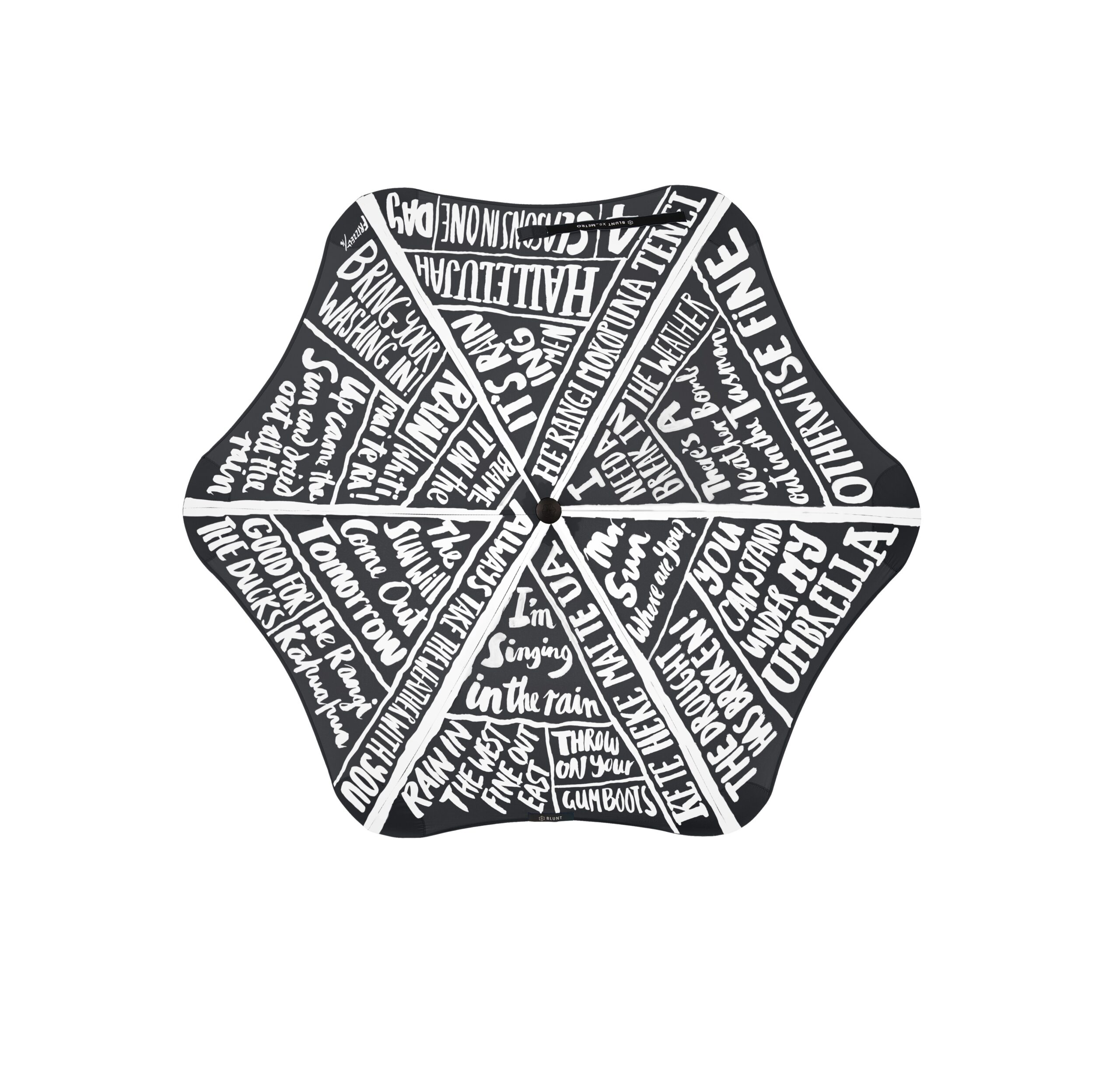The Ethical Fashion Report has just released its 2018 version – How did your favourite fashion brands score this year, have they improve their practices and policies since last year?
Words Sophie Baird and Natalie Cyra
Tearfund and Baptist World Aid’s Ethical Fashion Report has returned for 2018, allowing consumers to assess information on 407 different international and local fashion brands.
This is the fifth report produced by Baptist World Aid Australia examining labour rights management systems in the fashion industry. It grades 114 companies (covering these 407 brands), from A to F, on the strength of their policies, traceability and transparency and systems to mitigate against the risks of forced labour, child labour and exploitation in their supply chains.
It has been five years since the world witnessed the worst garment-factory disaster in history. On April 24, 2013, the Rana Plaza building collapsed just outside of Dhaka, Bangladesh, claiming the lives of 1,134 garment workers and injuring thousands more.

Sadly, the Rana Plaza disaster was not an isolated incident, but rather, the latest in a spate of similar factory disasters. Exactly six months before, a fire ripped through the Tarzeen Fashion factory (also in Bangladesh) killing 117 people. A month before that, the Ali Enterprises fire in Pakistan claimed the lives of 254 more.
These tragedies mark a crucial turning point in global consciousness of the labour rights issues in the fashion industry.
Tearfund CEO, Ian McInnes says the Report opens up the opportunity for consumers to see how transparent and ethical a brand’s production processes are, allowing them to make informed decisions before they buy clothing.
“Too often we see the end product. We don’t see the exploitation of millions of garment factory workers who endure 12 to 14 hour days without breaks just to make the clothes we wear. The Ethical Fashion Guide asks companies to report on their labour rights management practices and gives Kiwi consumers the power to choose.”
The overall scores are produced from the results of four categories:
Policies
Does the code of conduct and policies meet human rights standards?
Traceability and transparency
How easy is it to trace through the supplier chain and are they transparent about who these suppliers are?
Auditing and supplier relationships
Are suppliers’ factories audited, and are audit reports publicised?
Worker empowerment
Is there a functioning grievance mechanism are workers taught how to use it? Access to unions and collective bargaining? Are living wages paid to workers?

2018 Key Findings for New Zealand brands
- New Zealand companies scored a median grade of B-, unchanged from 2017. The international average is C+.
- New Zealand companies made up three of the five top companies.
- Icebreaker, Common Good (formerly Liminal Apparel), and Freeset were the top Kiwi performers, scoring a top grade of A+.
- Kathmandu and Kowtow were also high achievers in the A range.
- Icebreaker scored an A+ up from D- last year after publically sharing information on its supply chain, making it the most improved brand this year.
- Trelise Cooper, K&K, T&T were the lowest graded New Zealand brands as they chose not to participate in the research and had very little (or no) publically available information.
- Other New Zealand companies new to the Report in 2018 were Barkers, Ruby and Postie.
- There were 18 New Zealand companies included in the 2018 Report. These brands were AS Colour, Barkers, Farmers, Freeset, Hallensteins Glassons, Icebreaker, K&K, Kathmandu, Karen Walker, Kowtow, Common Good, Macpac, Max, Postie, Ruby, T&T, The Warehouse and Treelise Cooper.
- Companies that have begun publishing their supplier lists are: ASOS, Barkers Clothing, Common Good, Etiko, Factory X, Gorman, Hallenstein Glasson Holdings, Icebreaker, Jeanswest (Published after our research cut-off), JETS, Kathmandu, Next, The Warehouse Group
Since the first Ethical Fashion Report was produced multiple companies have committed to improving their transparency. This year seven New Zealand companies, including Common Good, Icebreaker, Barkers, Freeset, Kathmandu, The Warehouse Group and Hallenstein Glassons Holdings published either full or partial lists of their suppliers which was a considerable increase from zero companies from last year’s guide.
For the first time, companies were also asked to report on their environmental management processes. They were asked whether they had conducted an environmental impact assessment of their entire supply chain and of individual fibres used in production. Companies were also asked questions about whether they are measuring and taking action to reduce greenhouse gas emissions, chemicals, water use and waste water. For this year, it was decided a company’s performance in this area would not contribute to their grade. however, to see which brands were top performers in this area, see the full report.

Despite this increase, only two per cent of the brands featured in the report have fully traced and published supplier lists highlighting substantial room for improvement.
Tearfund’s Ethical Fashion Project Manager Claire Hart, who has been working on the report, says it’s important for companies to work on publishing these lists for the industry to develop.
“New Zealand has made great progress in the last year with seven companies publishing supplier lists, up from zero companies in 2017. However, many are yet to do this and stay on track with progress being made by the industry on a global scale. I’m hopeful Kiwi companies will take steps to rise to a new standard of transparency with consumers in the future.”
Living wages a major concern
Alongside lack of transparency, unsubstantial living wages were also highlighted as a major concern.
Findings show that of the 114 companies assessed in the report, only 12 have calculated the appropriate living wage for each area they operate in and there was no company that paid a living wage throughout the supply chain.
Kowtow, Icebreaker, Common Good and Freeset were the only New Zealand brands that scored an A for this section. This showed an improvement from 2017, with Kowtow being the only brand to receive an A.
“We’re pleased to see some New Zealand companies becoming more aware of worker empowerment and intentionally considering how much their workers are being paid. It’s a step in the right direction, but from this year’s results, it is evident we still have a long way to go before we will see a major shift in the industry take place,” Hart says.
Top performing companies
A small cohort of companies in The Report were found to have exceptional labour rights management systems — including Outland Denim, Common Good, Icebreaker, Freeset, Etiko, and the Mighty Good Group. Each of these companies receive an A+. They knew their supply chains from farm to factory and had intentionally invested in developing quality relationships with their suppliers.
Beyond this, Outland Denim, Common Good, and Etiko were able to demonstrate that living wages are also being paid at their input suppliers.
Cotton On Group has demonstrated continuous improvement since the first edition of The Report. It is now the best rated, large multinational headquartered in Australia. This year, Cotton On Group receives an A grade, with its progress driven by several factors.
It can now trace between 50 per cent and 70% per cent of its raw materials, sourcing much of its cotton through a combination of the Better Cotton Initiative and its in-house ‘Kwale Cotton Program’ (this program is further highlighted on page 43 of The Report). Cotton On has also become increasingly transparent about its suppliers and has invested substantial resource in supplier training.
Similarly, APG and Co and Country Road Group have each invested substantially in their systems. They too can demonstrate year on year improvement. Both companies receive an A– grade.
Outdoor fashion companies, as a subset of the broader global fashion industry, continue to shine. Icebreaker, being the best graded amongst its peers, receives an A+ grade. Both Patagonia and Kathmandu receive A grades.
Conversely, several companies have received F grades in consecutive editions of The Report. These are Ally Fashion, Bloch, Decjuba, Wish and Voyager Distributing (brands include Ping Pong and Kachel). In most instances, the F grade has been awarded because companies have little or no publicly available information to assess their systems and, additionally, chose not to engage with The Report’s research process.


Why the Ethical Fashion Report is important?
Five years ago, a disaster of such magnitude occurred that the course of the fashion industry was irreversibly changed. Until the Rana Plaza tragedy, few global fashion companies chose to make information about their supply chains publicly available. Where clothes were made, and the conditions they were made in, was, largely, invisible to the world.
But the global community was so horrified by the news reported in papers and by the pictures flooding TV screens, that it began to take notice and demand change. And through the combined action of various stakeholders — including consumers, governments, garment workers, civil society groups like Baptist World Aid Australia, and even fashion brands themselves — change is occurring.
The Ethical Fashion Guide is based on the Ethical Fashion Report produced by Baptist World Aid Australia, which partners with Tearfund New Zealand to release the guide and work with companies to improve ethical practices in their supply chains.
To download a copy of the Guide or Report, visit tearfund.org.nz/ethicalfashion







